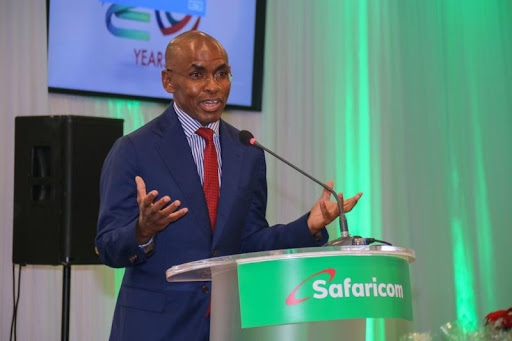Kenya's forex reserves have dropped by $112 million (Sh16.46 billion) in the past week which will likely pile more pressure on importers.
By last week Friday, CBK data showed that foreign exchange (FX) reserves went down to $6.955 billion (Sh1.022 trillion).
This was a massive drop from the previous week’s levels of $7.067 billion (Sh1.038 trillion), despite the government fiscal agent maintaining a firm stance that the reserves are adequate.
“The usable foreign exchange reserves remained adequate at $6,955 million (3.76 months of import cover) as of September 21. This meets the CBK’s statutory requirement to endeavor to maintain at least 4 months of import cover,” CBK said in a statement
Following three months of modest recovery, Kenya's foreign exchange reserves have once more begun to decline, as the National Treasury expended billions of shillings in July to address the mounting external debt obligations.
The current reserves are equivalent to just 3.76 months of import cover instead of the statutory requirement of at least four months of cover or region 4.5.
The weakening shilling has been putting pressure on the reserves with CBK figures showing that the local currency is trading at Sh147.5 against the greenback.
The decline in reserves continues to trigger apprehensions about the capacity to manage fluctuations in the local currency's worth, as analysts voice concerns about the challenges in generating foreign exchange.
Although the banking regulator did not give reasons for the sharp decline in reserves, insiders are pointing the drop to the government-to-government oil plan whose first installment of $500 million (Sh73.5 billion)is due today.
In March, Kenya entered a deal with three state owned firm in the Gulf to supply oil fuel on credit in order to help the country soften the monthly high dollar demand .
While Saudi Aramco has been supplying two cargoes each for diesel and Super petrol every month ENOC supplied three cargoes of Super petrol every month.
Critics say the deal had negatively impacted on the forex market but the government has defended it saying it has lowered the cost of transporting oil to the country, the premium and eased high dollar demand.
Last week, the government announced an upward review in monthly fuel prices, with a litre of Super petrol now retailing at Sh211, having gone up by close to Sh17.
A litre of diesel increased by about Sh21.32 per litre while that of kerosene increased by Sh33.13 to Sh202.61.







![[PHOTOS] Scenes at MP Were's burial service](/_next/image?url=https%3A%2F%2Fcdn.radioafrica.digital%2Fimage%2F2025%2F05%2Fdc49122e-15f1-47c8-a371-a2b7ae06f2cf.jpg&w=3840&q=100)
